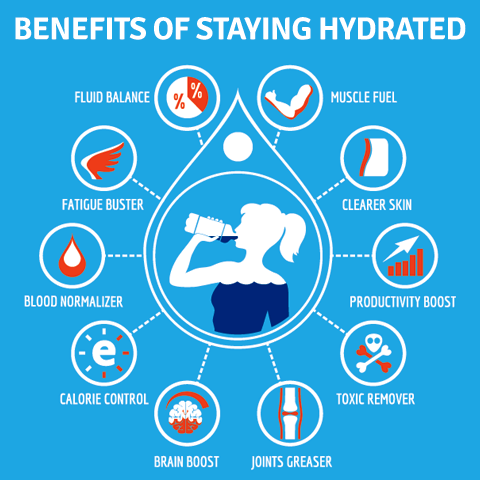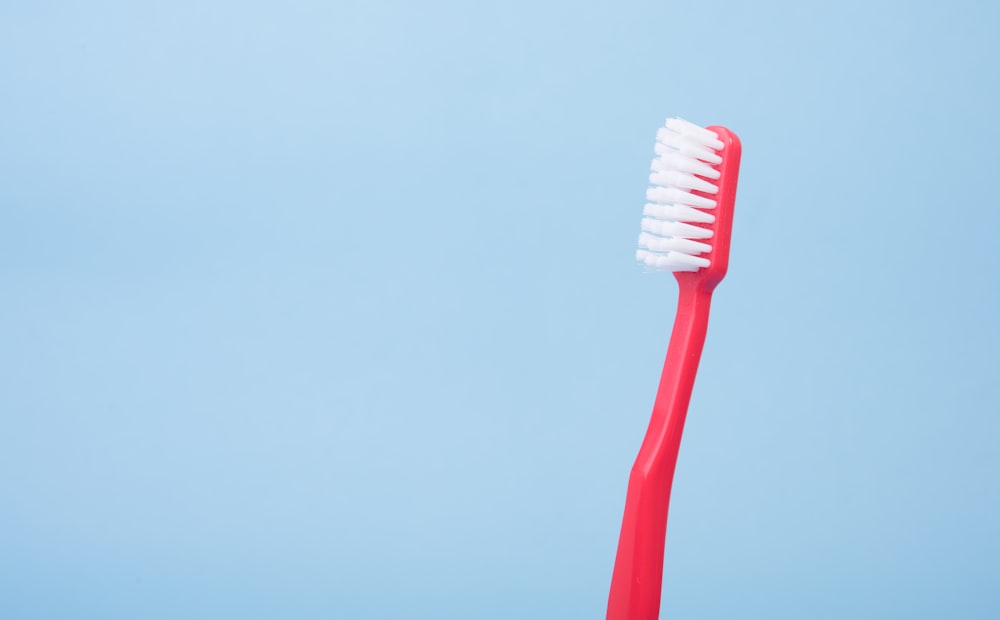

Introduction:
Proper hydration is a cornerstone of good health, impacting various bodily functions and contributing to overall well-being. In this article, we’ll delve into essential hydration tips that you can incorporate into your daily routine for optimal health and vitality.
Understanding Hydration Needs:
The human body is composed of approximately 60% water, emphasizing the importance of maintaining proper hydration levels. Factors such as age, activity level, and climate influence individual hydration needs. Understanding these factors allows for a more personalized approach to hydration.
Set a Hydration Goal:
Establishing a daily hydration goal can serve as a guideline for maintaining optimal fluid balance. While the “eight 8-ounce glasses a day” rule is a common recommendation, individual requirements vary. Aim to consume an amount of water that suits your lifestyle, considering factors like physical activity and climate.
Incorporate Hydrating Foods:
Hydration isn’t limited to just water; certain foods contribute to fluid intake. Include water-rich foods like fruits (watermelon, cucumber) and vegetables (celery, lettuce) in your diet. These foods not only hydrate but also provide essential vitamins and minerals.
Create a Hydration Schedule:
Establishing a routine for hydration ensures consistent intake throughout the day. Set reminders or use apps to prompt regular water consumption. Having a schedule helps prevent dehydration, especially in busy or hectic periods when it’s easy to overlook fluid intake.
Opt for Electrolyte Balance:
Maintaining electrolyte balance is crucial for hydration. In addition to water, include electrolyte-rich beverages or foods in your diet. Coconut water, sports drinks, and certain fruits (bananas, oranges) can replenish electrolytes lost through sweating and support overall hydration.
Listen to Thirst Cues:
Thirst is a natural indicator of your body’s need for water. Pay attention to thirst cues and respond promptly. Waiting until you feel extremely thirsty may indicate dehydration. Carry a reusable water bottle to make it convenient to sip water throughout the day.
Avoid Excessive Caffeine and Alcohol:
While moderate consumption of caffeine and alcohol is acceptable, excessive intake can lead to dehydration. Both substances have diuretic effects, increasing urine production. Balance your consumption and counteract potential dehydration by increasing water intake.
Monitor Hydration During Exercise:
Physical activity increases fluid requirements. Stay adequately hydrated during exercise by drinking water before, during, and after workouts. Adjust your intake based on the duration and intensity of the activity. Electrolyte-rich beverages can be beneficial for more prolonged or intense exercise.
Hydration Tips for Health – Link to Acnerimedi.net:
For more in-depth insights on hydration tips and its impact on overall health, visit Acnerimedi.net. Explore a wealth of resources and information to further enhance your understanding of proper hydration practices and their positive effects on health.
Prioritize Consistent Hydration:
Consistency is key when it comes to hydration. Make it a habit to carry a water bottle wherever you go, ensuring easy access to fluids. Consistent hydration supports various bodily functions, including digestion, temperature regulation, and nutrient transport.
Conclusion:
Incorporating these hydration tips into your daily routine can significantly contribute to your overall health. Hydration is a simple yet powerful practice that plays a crucial role in maintaining bodily functions and promoting well-being. Remember to stay mindful of your individual needs and make hydration a priority for a healthier, more vibrant life.



